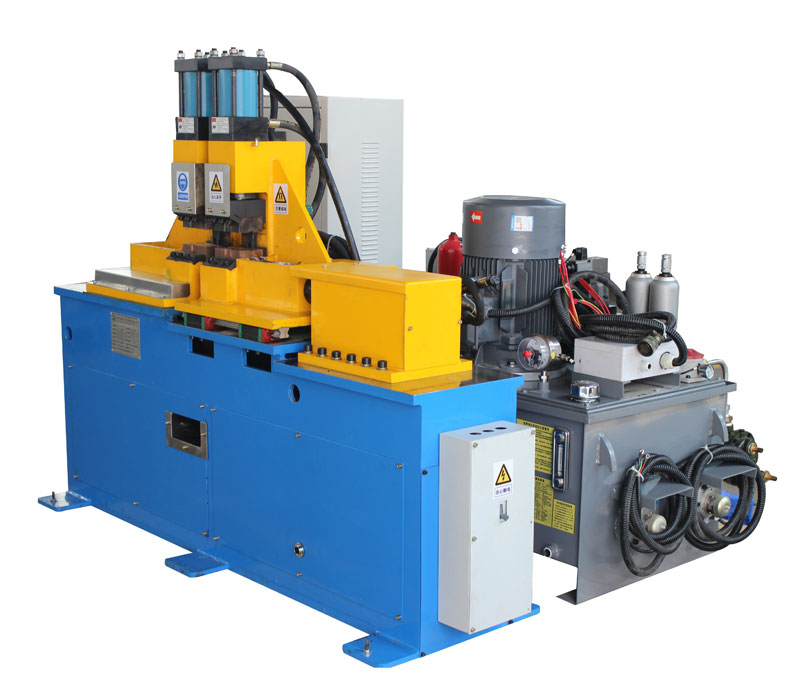Operational Requirements for Cable Butt Welding Machines
Cable butt welding machines are essential tools used in various industries to create strong and reliable welds in cable components. Achieving consistent and high-quality welds requires operators to adhere to specific operational requirements. In this article, we will outline the key operational requirements for cable butt welding machines.
1. Proper Training and Certification
Operators must undergo proper training and certification to operate cable butt welding machines safely and efficiently. Training should cover machine setup, welding techniques, safety procedures, and troubleshooting. Certified operators are better equipped to handle the equipment and prevent accidents or welding defects.
2. Equipment Inspection
Before each use, operators should inspect the welding machine thoroughly. Check for any signs of wear, damage, or loose components. Verify that all safety features and emergency stop mechanisms are functional. Any issues or anomalies should be addressed before proceeding with welding.
3. Material Selection
Select the appropriate cable material, size, and type for the specific application. Ensure that the cables to be welded are clean, free from defects, and meet the required specifications. Using the correct materials is crucial for achieving strong and reliable welds.
4. Material Preparation
Properly prepare the cable ends before welding. This includes cleaning the cable ends to remove dirt, grease, oxidation, or surface contaminants. The cable ends should also be cut cleanly and squarely to ensure a precise and even joint.
5. Electrode Maintenance
Inspect the welding electrodes regularly for wear, damage, or contamination. Damaged or worn electrodes should be replaced promptly. Electrodes should also be kept clean to maintain good electrical contact with the cable ends.
6. Welding Parameters
Adjust the welding parameters, including welding current, time, and pressure, according to the cable’s size and material. Consult the manufacturer’s guidelines or welding specifications to determine the appropriate parameters. Accurate parameter settings are critical for achieving proper fusion and weld quality.
7. Cable Alignment
Properly align the cable ends in the welding machine’s clamping mechanism. Ensure that the cables are securely held in place and aligned correctly to prevent angular or skewed joints.
8. Safety Measures
Prioritize safety during the welding operation. Operators and personnel in the vicinity should wear appropriate personal protective equipment (PPE), including safety glasses, welding helmets, heat-resistant gloves, and flame-resistant clothing. Adequate ventilation is also essential to remove fumes and gases generated during welding.
9. Welding Process
Follow the correct welding process, which typically includes clamping the cables, initiating the welding cycle, maintaining pressure during welding, and allowing the joint to cool and solidify. Operators should be familiar with the sequence and timing of each stage to ensure consistent weld quality.
10. Quality Assurance
Inspect the quality of the weld joint after completion. Visual and non-destructive testing methods may be employed to verify the integrity of the weld. Any defects or issues should be identified and addressed promptly.
11. Documentation
Maintain records of welding activities, including welding parameters, material specifications, and inspection results. Documentation helps track the welding process and is valuable for quality control and future reference.
In conclusion, adhering to these operational requirements is essential for achieving strong, reliable, and high-quality welds in cable components. Proper training, equipment inspection, material selection, material preparation, electrode maintenance, welding parameter adjustment, cable alignment, safety measures, adherence to the welding process, quality assurance, and documentation are all critical aspects of operating cable butt welding machines effectively and safely.
